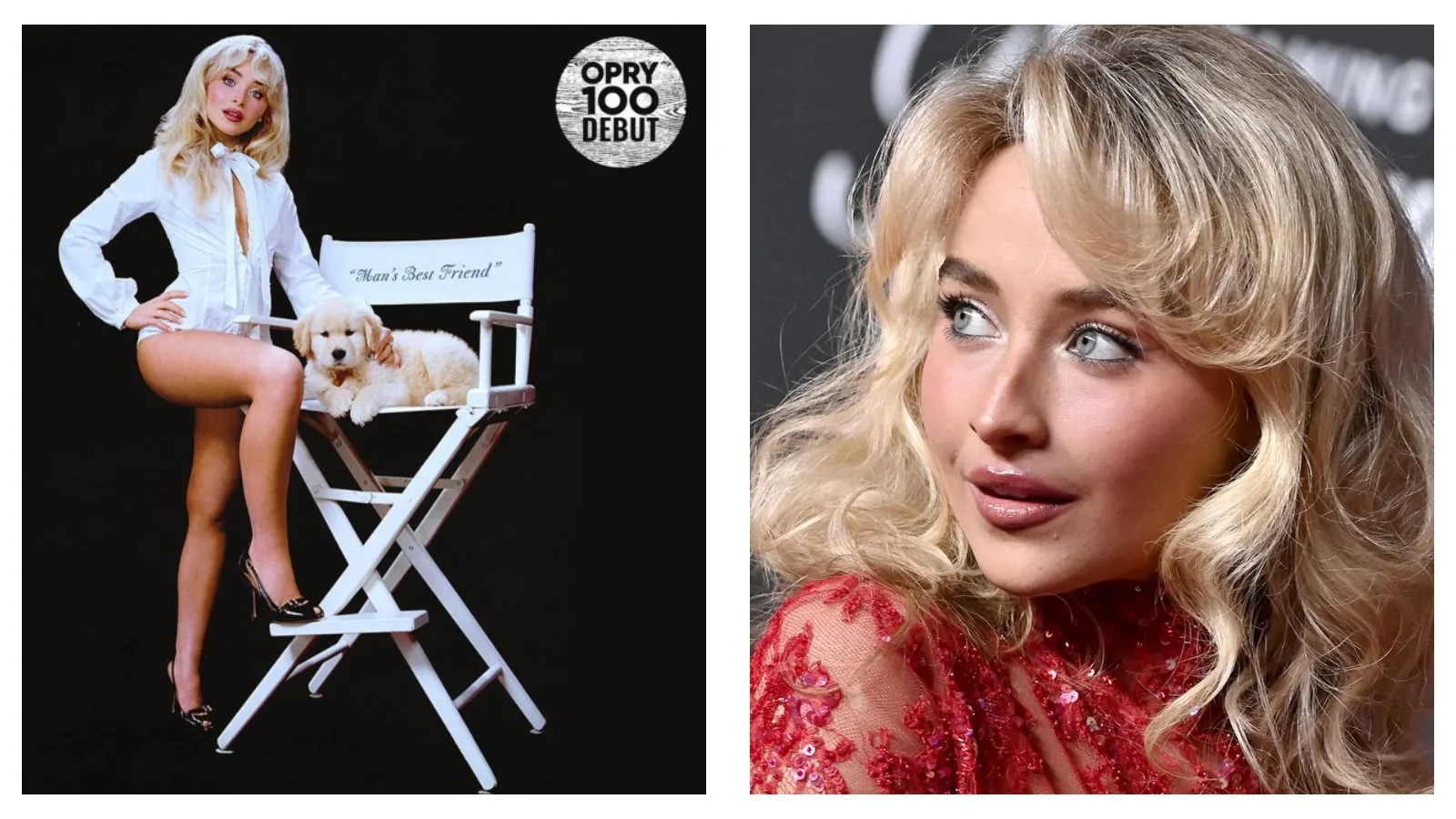Women who move the world: How female artists are redefining power in global music
From Tyla to Taylor Swift, women are not just topping charts, they are reshaping how the music world works, writes Music News Blitz’s Lindokuhle Mlombo.
In an industry long dominated by male gatekeepers and narrow expectations, 2025 feels like a turning point.
Across continents and genres, women in music are no longer content with breaking ceilings. They are rewriting the architecture entirely.
Whether it is South Africa’s Tyla redefining pop identity through amapiano rhythms, Billie Eilish expanding the boundaries of vulnerability, or Karol G commanding Latin stages once ruled by men, female artists are transforming what power sounds, looks, and feels like.
From margins to mainstream
Just a decade ago, the global music conversation often centred on women being exceptions in male-dominated spaces.
But the script has flipped. The top global charts from Billboard’s Hot 100 to Spotify’s Viral 50 are filled with female voices commanding their own narratives.
When Tyla won her first Grammy for Best African Music Performance, she did not just make history. She made a statement.
Her win symbolised the global recognition of African women whose creativity transcends language, geography and genre.
Tyla’s sound, a sultry blend of amapiano, R&B and pop, carries South Africa’s heartbeat into the world’s playlists, proving that cultural specificity can spark universal connection.
Similarly, Karol G, who recently became the first Latin woman to headline Lollapalooza, has turned reggaeton’s hypermasculine image inside out.
Singing about heartbreak, self-worth, and sisterhood, she’s redefined the emotional palette of Latin pop.
These artists are not just performing, but they are leading movements.
Power in authenticity
The modern music era has ushered in a new kind of power, one built not on image management, but on transparency.
Artists like Billie Eilish and Olivia Rodrigo have shown that raw honesty resonates more deeply than polished perfection.
Eilish’s evolution from a teenage prodigy whispering rebellion into a microphone to a global star championing body positivity and mental health embodies this shift.
Her artistry challenges an industry that once told women they had to choose between authenticity and success.
Meanwhile, Olivia Rodrigo’s brutally honest lyricism has turned her into a generational spokesperson.
Her songs about heartbreak and self-discovery echo across continents, uniting fans in shared vulnerability. In a time of social fragmentation, her music feels like a connection that’s intimate, messy, and real.
READ MORE: Sabrina Carpenter’s Grand Ole Opry debut: When pop meets country tradition
Owning the industry, not just the stage
Perhaps the most profound change is happening behind the spotlight. Women are increasingly taking control of their production, management, and ownership.
Beyoncé’s Parkwood Entertainment, Taylor Swift’s master re-recordings, and Rihanna’s Fenty empire have all redefined what it means to own your art.
Taylor’s re-recording of her albums, an act of both defiance and reclamation, reshaped the industry’s understanding of intellectual property. She turned what was once a legal battle into a cultural event, proving that artistic ownership can be both revolutionary and profitable.
Similarly, in Africa, executives like DJ Zinhle, Nadia Nakai, and Sho Madjozi are using their platforms to build businesses, fashion lines, and cultural bridges that expand beyond music.
The rise of women-led labels and collectives across Lagos, Johannesburg, and Nairobi signals a quiet revolution: the future of global music infrastructure may be female-led.
Global feminism, local sound
What makes this moment unique is its diversity. Feminist expression in music is not uniform. It adapts to local realities.
In Iran, underground female musicians are risking censorship to perform.
In Kenya, artists like Fena Gitu and Ssaru are reclaiming space in hip-hop and dancehall.
In Brazil, Anitta uses her platform to tackle class, gender, and sexuality in ways that challenge both the industry and political conservatism.
And in South Africa, the rise of female DJs from DBN Gogo to Uncle Waffles has shattered the myth that the decks belong to men. Their sets headline festivals from Cape Town to Ibiza, carrying the amapiano wave into new cultural territory.
Across borders, these artists share one thing: they are turning resistance into rhythm.
Streaming, social media and the new power equation
Technology has also tilted the balance. Social platforms like TikTok and Instagram have given women direct access to audiences, bypassing traditional gatekeepers.
Through self-promotion and community building, artists like Chappell Roan, Ayra Starr, and PinkPantheress have built careers from their bedrooms to global stages.
For many, virality is not the goal, visibility is power.
And this democratisation has expanded what global pop can look and sound like. The next superstar could emerge from anywhere, a reality that is dismantling old hierarchies and diversifying the sound of the world.
YOU MAY ALSO LIKE: Victoria Monét’s moment: Chart-topping hits, award wins, and building an empire
The work still ahead
Despite these breakthroughs, the fight for equality in the music industry is not over.
Studies by the USC Annenberg Inclusion Initiative show that women still make up less than 30% of credited artists on the Billboard Hot 100 and an even smaller percentage of producers.
But the cultural momentum is undeniable.
The industry’s new icons are showing that leadership does not have to mimic masculine models. It can be emotional, collaborative and deeply human.
The sound of the future
Music has always reflected its era, and the sound of 2025 is unmistakably female. It is confident yet vulnerable, commercial yet creative, personal yet universal.
From the streets of Johannesburg to the stages of Coachella, women are not just changing the charts, but they are changing the story.
They are no longer asking to be heard. They are amplifying the world.
READ NEXT: London meets the log drum: Uncle Waffles leads the amapiano wave




